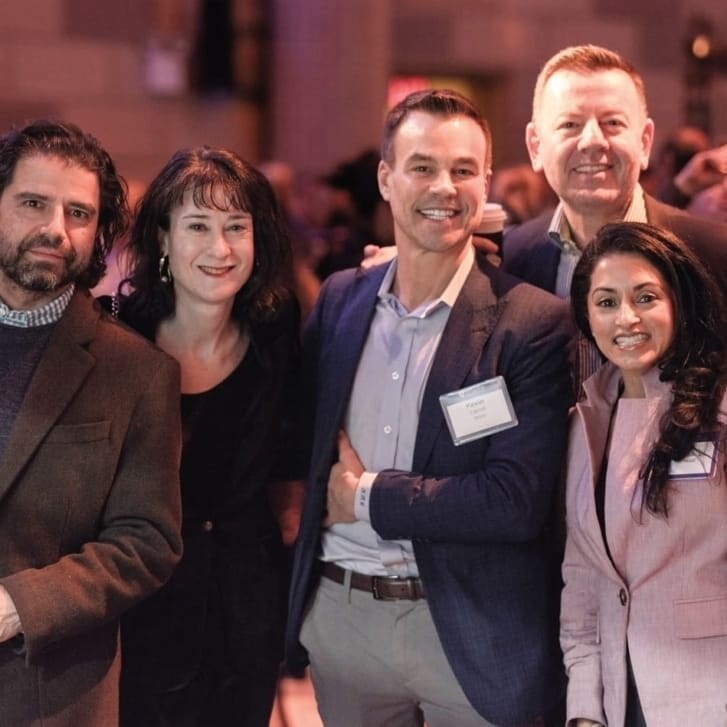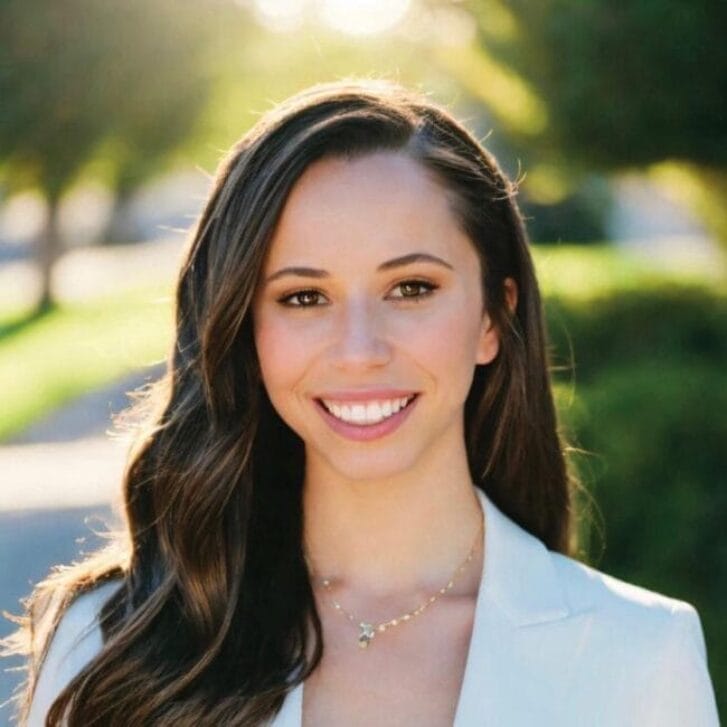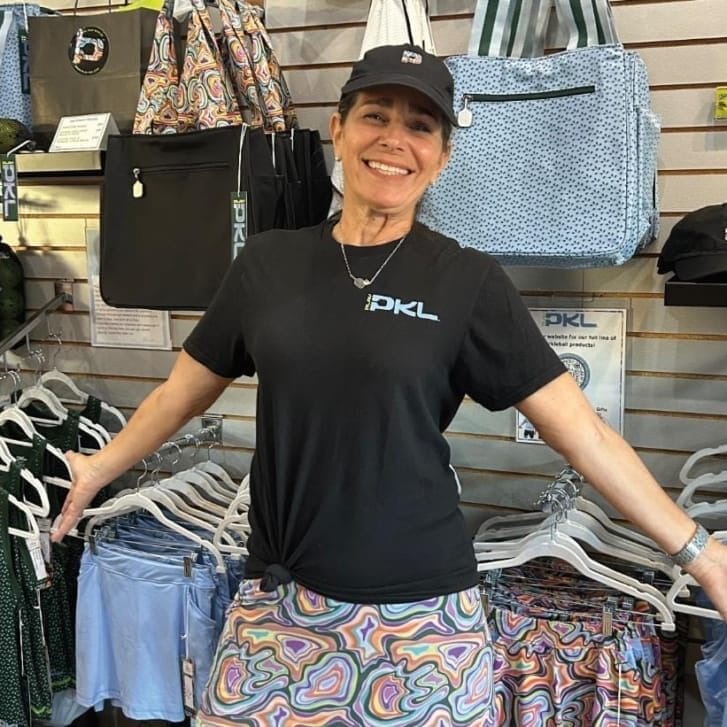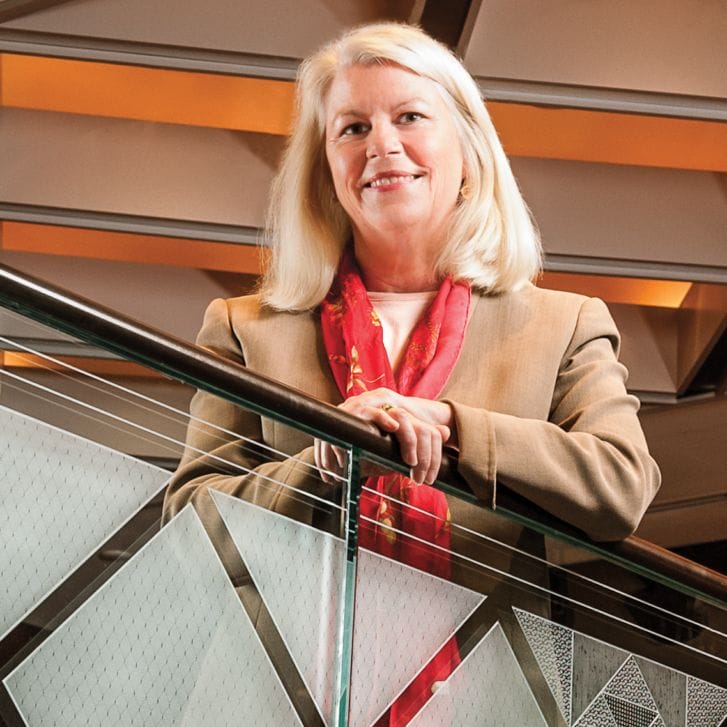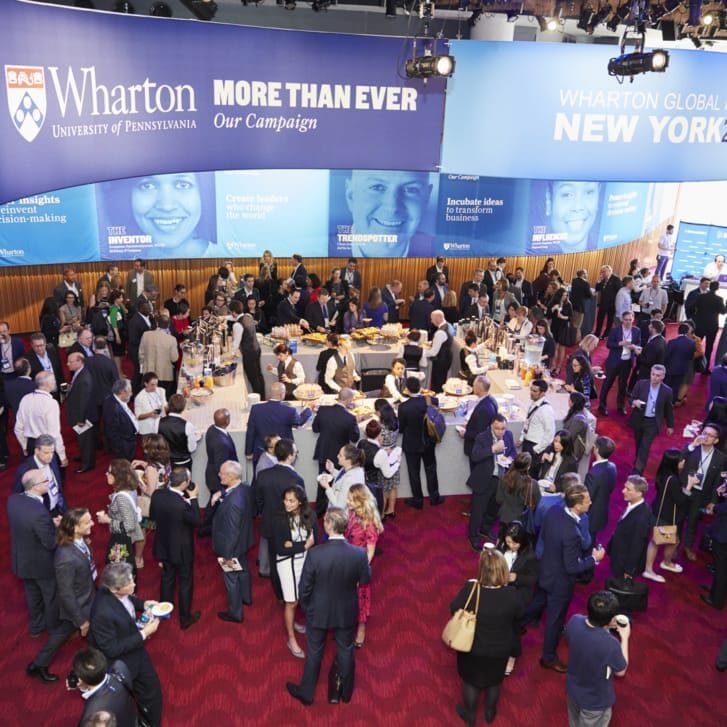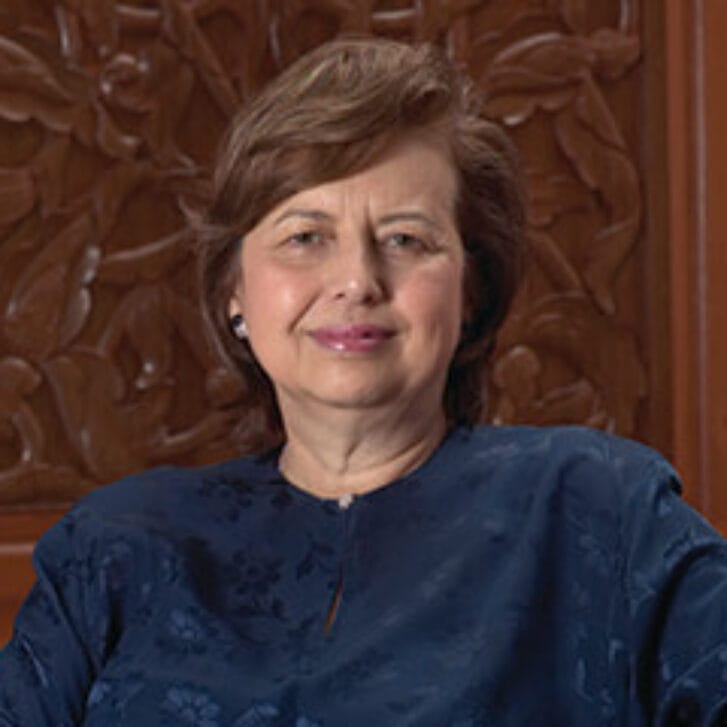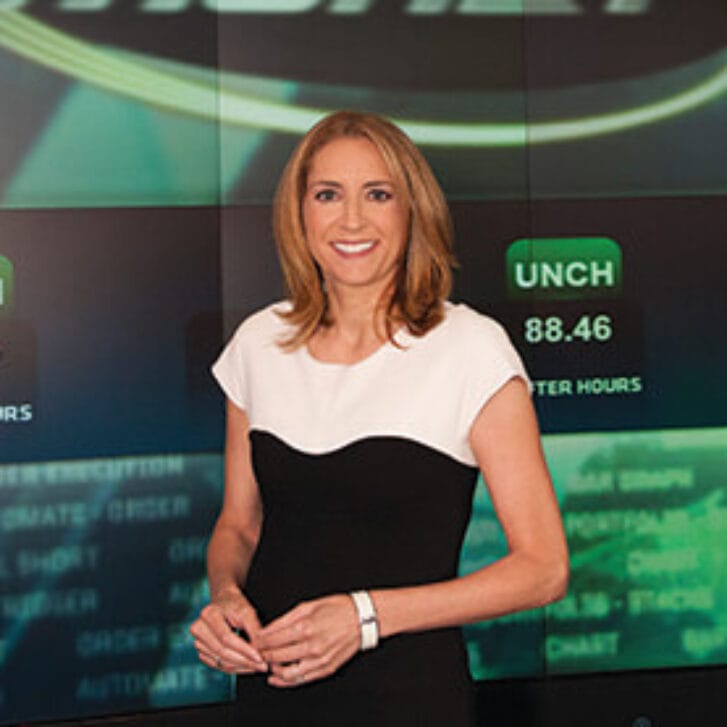
Portrait of Benjamin Franklin, age 71, circa. 1777
The Wharton Class Ambassador Program has been successful in large part because of the energy and commitment of a select number of alumni.
By Matthew Brodsky
Ambassadors of the diplomatic ilk are eminent individuals, friends of presidents and senators, and representatives of the highest ranks of business and society. One of America’s first ambassadors—and perhaps the most prominent one—was Benjamin Franklin, who engaged French leaders in Paris during the Revolutionary War. He negotiated the financial and military support that resulted in victory for the 13 colonies.
In many ways, our Wharton Class Ambassadors are a similar breed, descendants of the University of Pennsylvania’s founder.
Alumni leaders from Wharton’s MBA program drive the Wharton Class Ambassador Program and strengthen the School and the proud philanthropic tradition begun by Joseph Wharton in 1881. They strive to build lifelong engagement and fundraising relationships between their classmates and the School. The results are a class that is more connected, and classmates who are inspired and proud supporters of Wharton.
“The Ambassadors are the bridge between alumni and the Wharton School,” says L. David Mounts, WG’04, CEO of Inmar and president of the Wharton Alumni Executive Board. Together with members of the board, Mounts propelled the Class Ambassador Program from possibility to fruition.
What drives Ambassadors to participate in the program? One explanation is a sense of appreciation toward Wharton. Another is the sense that Wharton requires the time, talent and treasure of alumni to continue to provide its world-class educational opportunities to current students.
“They are there to coach alumni in how to maximize their lifelong relationship with the School and to provide leadership in stewarding and protecting the Wharton brand and experience for future generations,” Mounts says about Ambassadors.
A third potential reason for Ambassadors’ dedication is the challenge of it. Thomas J. Gallagher, C’73, WG’75, managing director and CEO of Spectrum Capital Advisors and a Class Engagement Ambassador, recalls his experiences co-chairing his 35th Reunion, when he found it difficult to get classmates back to campus. At their point in the lives, the alumni were completing careers and perhaps had less reason for professional interaction with their peers and the School.
“They had other interests, other priorities, or they were on other continents,” Gallagher says. “And so it occurred to me that maybe we needed a new way to engage them, a new reason for them to reconnect or continue connecting with Wharton.”
Experimenting with these new methods of engagement had a “real appeal,” he adds.
TO DEVELOP AND TO ENGAGE
The Ambassadors view themselves as one unit that strives to bring alumni back into the family’s fold and keep the alumni community up to date and informed. They reach out to their classmates to share information about upcoming engagement opportunities and educational events and to encourage them to attend and participate in campus programming. They also utilize online tools, by helping to launch and maintain social networking sites for their classes.
Many Class Ambassadors are exemplars of the Wharton standard of philanthropy. They encourage their peers to support the Wharton Fund and share updates of the Fund’s progress. They identify and recruit future Ambassadors and engagement volunteers.
“I think there are two key roles. One role is that of engagement, and the other role is communication. So one is just getting people connected and keeping them connected, because the bonds that we have with other classmates are a key piece of the bond that we have with the University, in my opinion. And communication is the other big part,” says Marie J. Williams, G’95, WG’95, senior director of digital innovation at Hilton Worldwide, and a Wharton Class Engagement Ambassador.
Much of the communication aspect, according to Williams, is informing fellow alumni about educational resources, such as the free Wharton-sponsored webinars, research and blogs. She also hopes to direct her classmates to the alumni database, WhartonConnect, which incorporates alumni’s digital, personal information, such as Facebook and Twitter, and makes it ever easier to reconnect.
Then there is the fun. Wharton Class Ambassadors can serve on Reunion Engagement Committee. They attend Wharton Reunion Weekend and lend a hand with Reunion Kick-off Events.
Williams recalls how her involvement with the program began when she volunteered for her 15th Reunion.
“We had Craig Enenstein, G’95, WG’95, who’s a dynamo and really spearheaded the whole reunion for our class. [He] basically recruited me and said, ‘How would you like to be communications chair? So I didn’t quite know what I was getting myself into.’”
Williams laughs at that now because she knows what she got herself into: some work but an extremely enriching relationship with the School.
“The Reunion was a tremendous success, and I really just wanted to keep that going. So I wanted to keep our class connected going forward and share what we did with other Ambassadors,” she says.
One reason that the Ambassadors’ efforts are successful is that their approach to their classmates is flexible and personal.
Perhaps the more profound explanation is that their calls to action are coming from peers, explains Raj Venkataraman Iyer, WG’02, managing director with hedge fund Canyon Capital Advisors and a Class Development Ambassador.
“I’m hardly a natural fundraiser, but the value proposition and the pitch to my peers are pretty straightforward,” he adds.
It becomes a matter of mutual responsibility to engage and support the School and classmates.
“At Wharton, we have an intergenerational responsibility to each other,” Gallagher says.
It is perhaps not as revolutionary a concept as independence from the King of England, but the principle that alumni must “take the call” from one another has led to one of the best, if not the best, alumni networks in the world.














